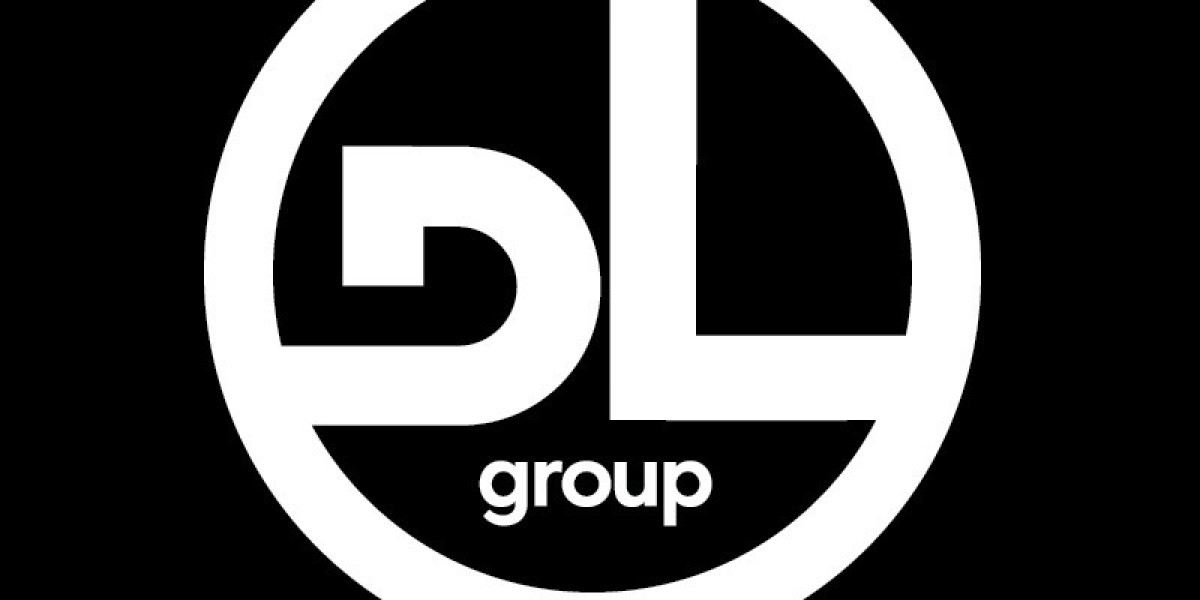Teen addiction is a growing concern worldwide, affecting families and communities alike. The pressures of adolescence, peer influences, and exposure to substances make young individuals particularly vulnerable to addiction. Fortunately, rehabilitation centers provide structured and supportive treatment programs tailored specifically for teenagers. These programs focus on medical intervention, psychological therapy, and holistic recovery methods to ensure long-term sobriety and well-being.
Understanding Teen Addiction
Teenagers may turn to substances for various reasons, including stress, peer pressure, family issues, or a desire to experiment. However, substance abuse at a young age can lead to severe physical, emotional, and social consequences. Unlike adults, teens often struggle with self-awareness and impulse control, making professional intervention essential for breaking the cycle of addiction.
Comprehensive Assessment and Diagnosis
One of the first steps in treating teen addiction is a comprehensive assessment. Rehab centers evaluate the extent of addiction, underlying mental health conditions, and environmental factors contributing to substance use. A dual diagnosis approach is often employed to address both addiction and co-occurring disorders such as depression, anxiety, or ADHD.
Medical Detox and Supervised Withdrawal
For teens who have developed a dependency, medical detoxification is an essential part of the recovery process. Under the supervision of medical professionals, detox ensures that withdrawal symptoms are managed safely and effectively. Teens receive 24/7 care to prevent complications and ensure a smooth transition into further treatment.
Behavioral Therapy and Counseling
Behavioral therapy plays a crucial role in teen addiction recovery. Rehab centers offer individual counseling, group therapy, and family therapy to help teens identify triggers, develop coping strategies, and rebuild their self-esteem. Cognitive Behavioral Therapy (CBT) and Dialectical Behavior Therapy (DBT) are commonly used techniques to modify negative thought patterns and encourage positive behavioral changes.
Family Involvement in Recovery
Family support is a key factor in successful addiction treatment for teenagers. Many rehab centers offer family therapy sessions to help parents and guardians understand the nature of addiction and their role in the recovery process. Strengthening family bonds and communication can significantly improve a teen's chances of long-term sobriety.
Educational Support and Life Skills Training
Rehab centers recognize the importance of education and personal development in a teen’s life. Many facilities provide on-site educational support to ensure that teens do not fall behind in their studies during treatment. Additionally, life skills training helps teens develop healthy habits, time management skills, and career planning strategies for a brighter future.
Holistic and Recreational Therapies
Beyond traditional therapy, many rehab centers incorporate holistic treatments such as yoga, meditation, art therapy, and outdoor activities. These approaches help teens find healthy outlets for stress and emotions while promoting overall well-being.
Aftercare and Relapse Prevention
Recovery doesn’t end with rehab. Aftercare programs play a crucial role in preventing relapse and maintaining long-term sobriety. Rehab centers provide ongoing counseling, support groups, and mentorship programs to help teens transition back into their daily lives with confidence and resilience.
If you or someone you know is struggling with teen addiction, seeking professional help is the first step toward recovery. Nasha Mukti Kendra in Banur offers specialized programs designed to support teens on their journey to a substance-free life.








